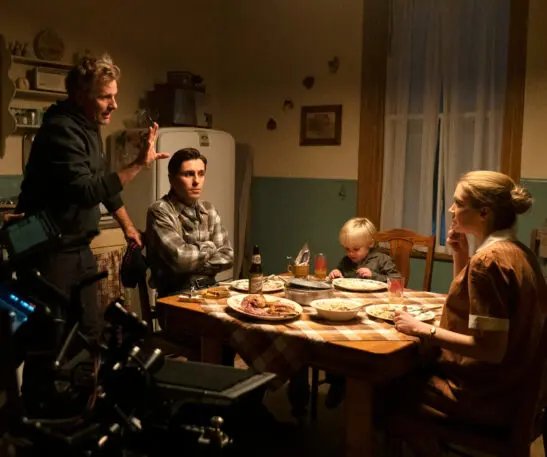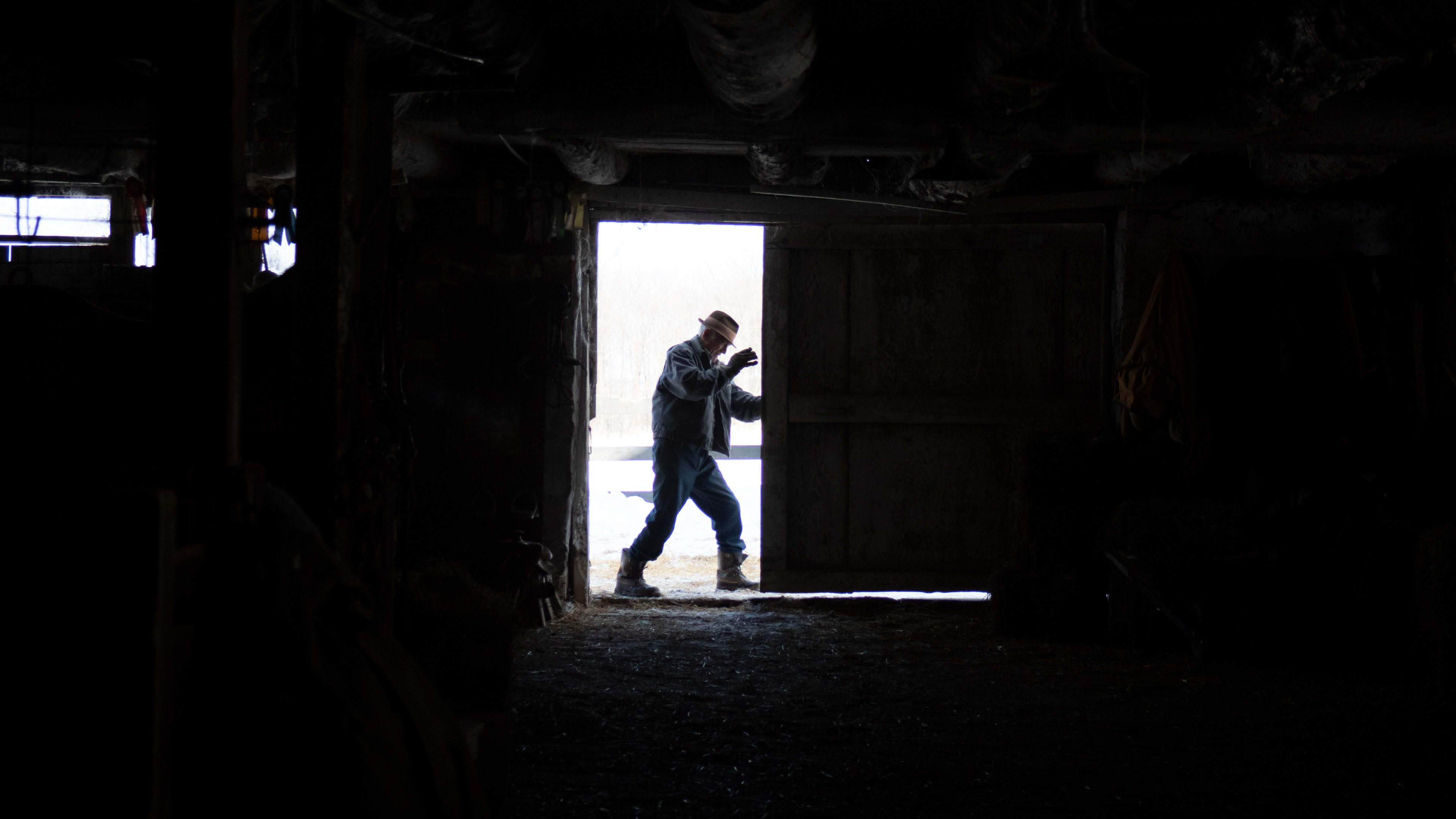Listen to the latest episode of Fast Company’s podcast Creative Conversation on Apple Podcasts, Spotify, RadioPublic, Google Podcasts, or Stitcher.
Following his mother’s death in 2015, Viggo Mortensen began the inevitable process of rifling through his memories.
“I was trying to remember everything I could about her,” Mortensen says in the latest episode of Fast Company’s podcast Creative Conversation. “When someone you love dies, everything’s very present in that moment at the funeral, maybe weeks or months after. But it fades over time.”
What started as an impulse to jot down snippets of dialogue, incidents from his childhood, and thoughts on his mother battling dementia in her last few years before her passing, quickly evolved into a work of mostly fiction centered around a father figure instead. In a way, writing around actual events gave Mortensen a greater sense of liberty and got him closer to the truth of what he was actually feeling.
And those memories—or something like them—laid the foundation for Falling, Mortensen’s directorial debut.
Starring and written by Mortensen as well, Falling follows Willis (Lance Henriksen) and John (Mortensen), a father and son wading in the fragments of a severely fractured relationship. As Willis refuses to be held accountable for his failings as a husband and parent, John grapples with his unresolved bitterness of being made to feel inadequate while simultaneously playing the dutiful son in caring for Willis, who’s battling dementia.
Mortensen uses intermittent flashbacks in the film not only to add context to the present storyline, but also to play off the idea of how two people might perceive different memories of the same events.
“The present is always confusing. On some level it’s unsettled—it’s happening as we speak. And the future is unknown,” Mortensen says. “We tend to think [of] the past as, ‘well, at least we know that. I have pictures. I have videos. I have diary entries. I have corroboration from others. I have evidence.’ But all [that is] from the point of view of somebody—you or somebody else. So I don’t think it’s very reliable.”

“And nothing might happen at all,” Mortensen says. “It might just be one big frustration and a big zero. But there’s a chance, however slight, that there might be a point of contact, of empathy. Is it worth it to you to try even if there’s no guarantee that it will happen? What is for sure is, if you just refuse to talk to people that are different, then you’re not going to advance at all.”
Mortensen dives deeper in those themes of memory and communication, as well as why he’s glad he made the pivot into directing relatively late in his career in this episode of Creative Conversation.
Listen to the latest episode of Fast Company’s podcast Creative Conversation on Apple Podcasts, Spotify, RadioPublic, Google Podcasts, or Stitcher.
Recognize your brand’s excellence by applying to this year’s Brands That Matter Awards before the early-rate deadline, May 3.
